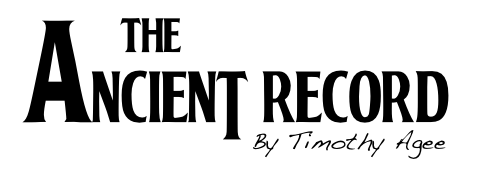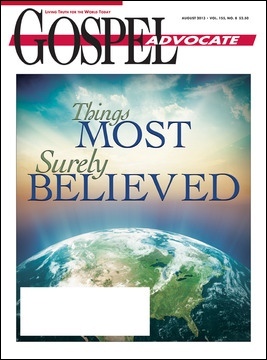

I know I’m in the minority these days, but I still love to listen to music on vinyl records. The long play (“LP”) record, which was introduced by Columbia in 1948, was pushed to the brink of extinction by the cassette tape, the compact disc (“CD”), and now digital media. Today it is enjoying somewhat of a comeback, but is still little more than a small niche in the overall music industry.
There are two main reasons why I prefer the LP format. First, I love the warm, rich sound that is the hallmark of most vinyl pressings. Music just sounds more authentic on a record. Second, the LP puts the emphasis on listening to the album all the way through from beginning to end. When I listen to a record, I know I’m hearing the album the way the artist originally intended for it to be enjoyed.
This emphasis on the album as a whole has been slowly eroding with each passing generation of music recording technology. The cassette tape allowed for fast-forwarding or rewinding to a particular song on the album. The CD made it possible to “skip” straight to individual songs we wanted to hear. With digital media we can forgo the album altogether and merely purchase the tracks we want, assembling them together in any way our heart desires. The focus on the album is almost non-existent in today’s music culture.
Unfortunately, the same thing can be said regarding the trend of how the “Ancient Record” (i.e. the Word of God) is studied and taught. It used to be common for preachers and teachers to employ “expository” methods in presenting scripture. The aim of expository preaching is to dig deep into the Word of God and attempt to present a section of text in the way the author, and ultimately God’s Holy Spirit, intended for it to be received. This often involves the consideration of context, culture, original language, and other factors. In other words, expository teaching requires a willingness to work hard and dig deep to find the truth contained in God’s Word.







 I was not an early adopter of Facebook, but these days nobody would question that I have fully embraced social media. This is not only through the use of Facebook, but also Twitter, Tumblr, Instagram, and even my personal Blog that is connected to these various services. In many ways social media has become an incredible tool for someone with my interests and background.
I was not an early adopter of Facebook, but these days nobody would question that I have fully embraced social media. This is not only through the use of Facebook, but also Twitter, Tumblr, Instagram, and even my personal Blog that is connected to these various services. In many ways social media has become an incredible tool for someone with my interests and background.
